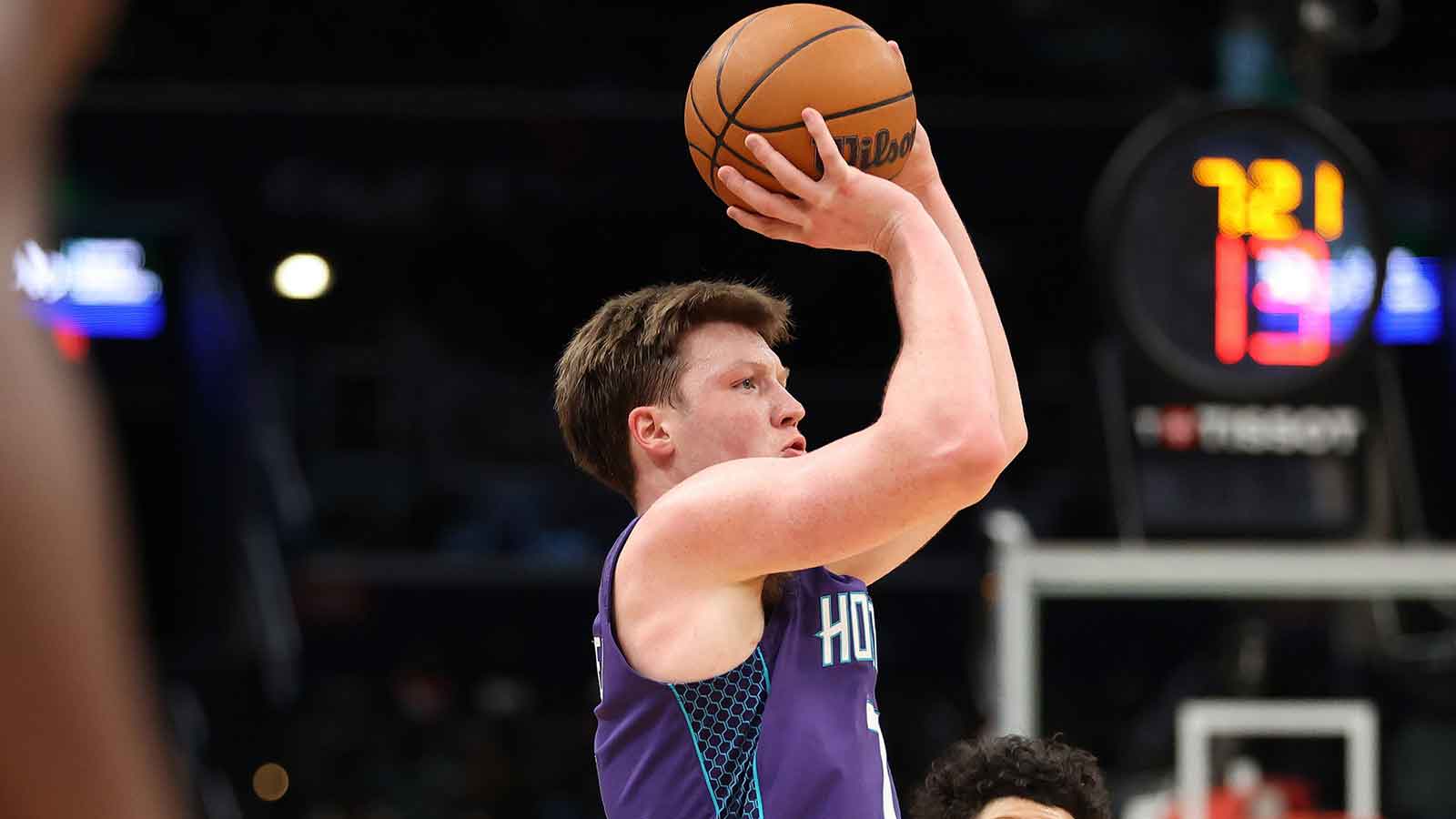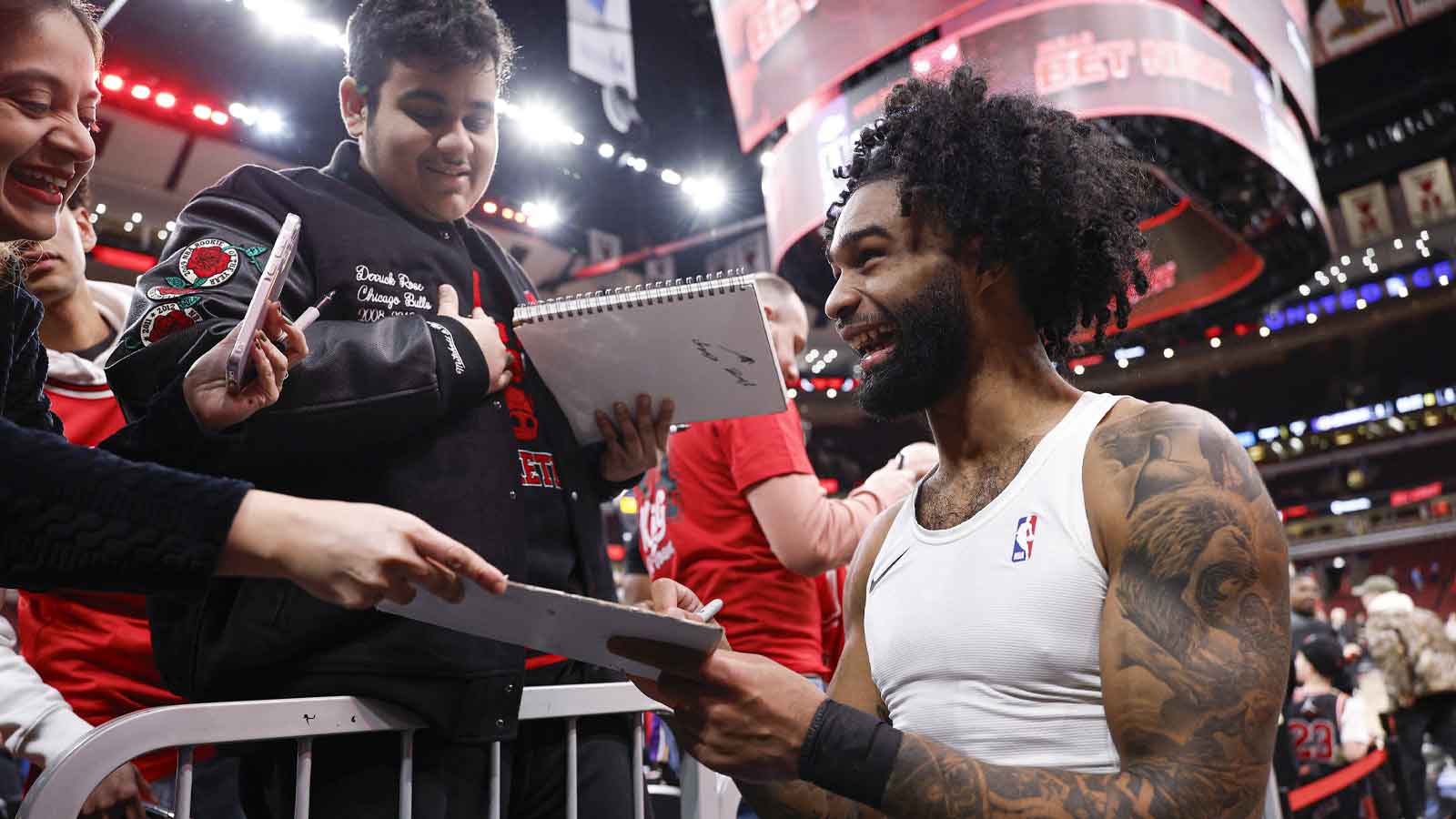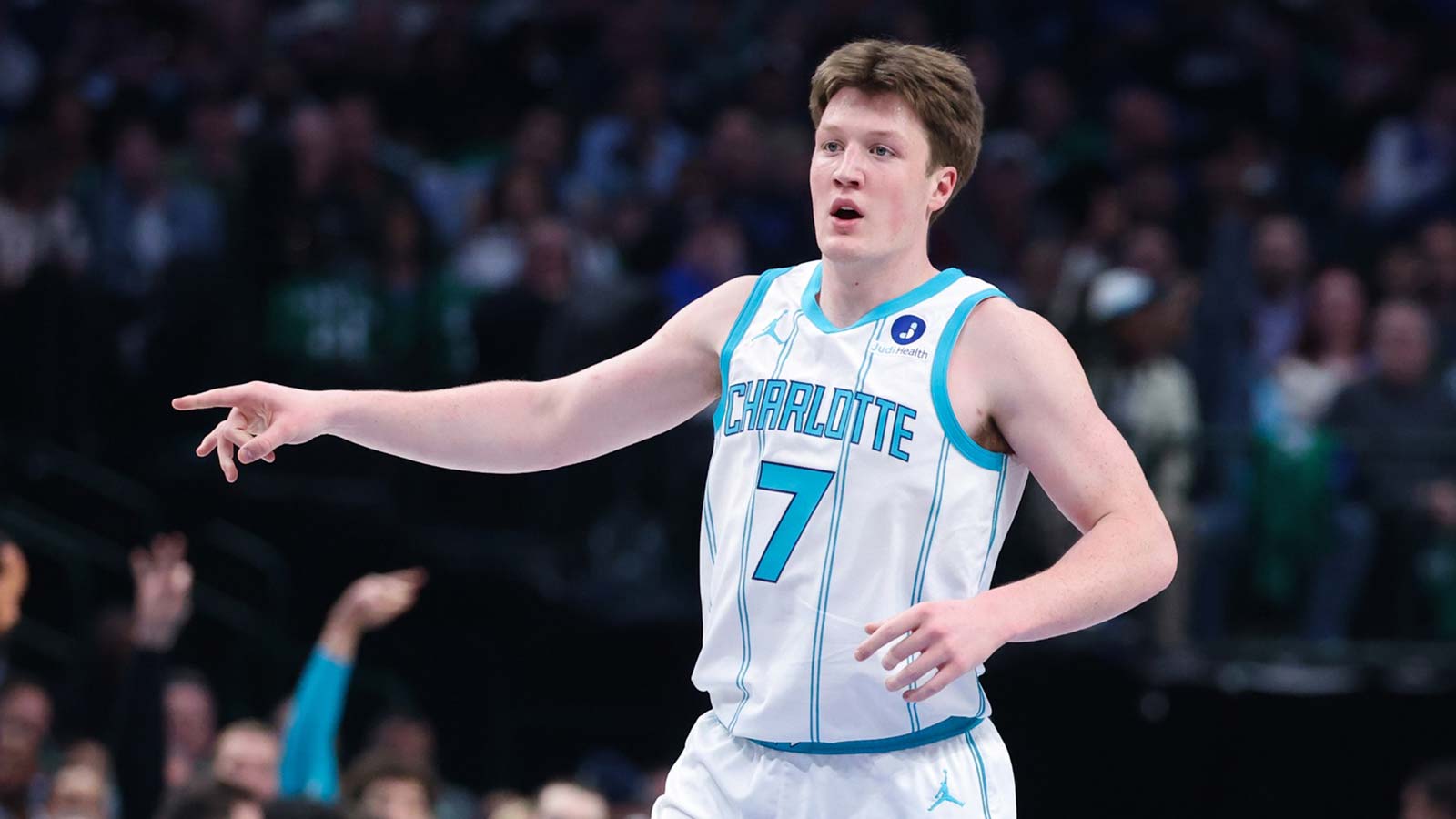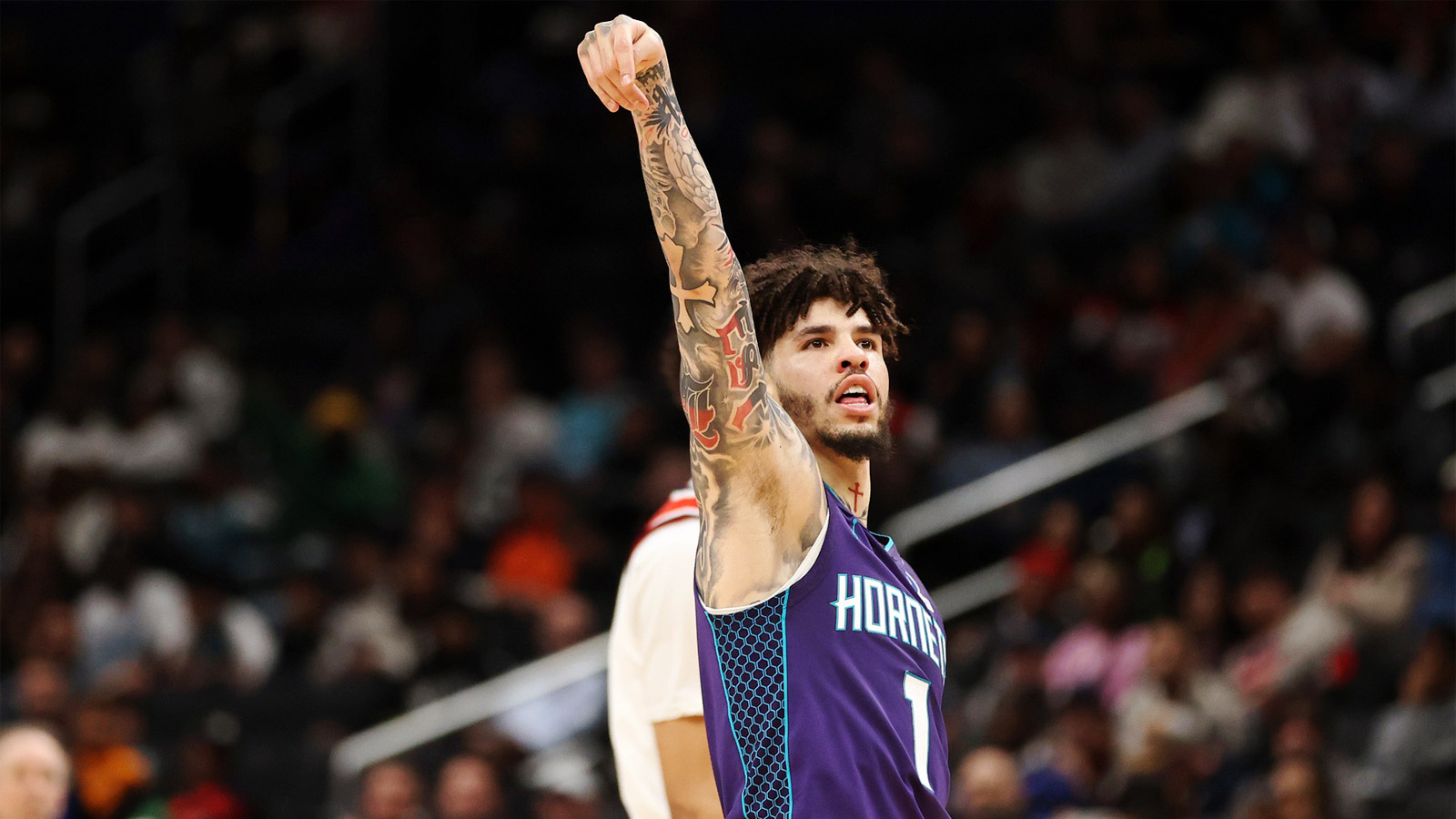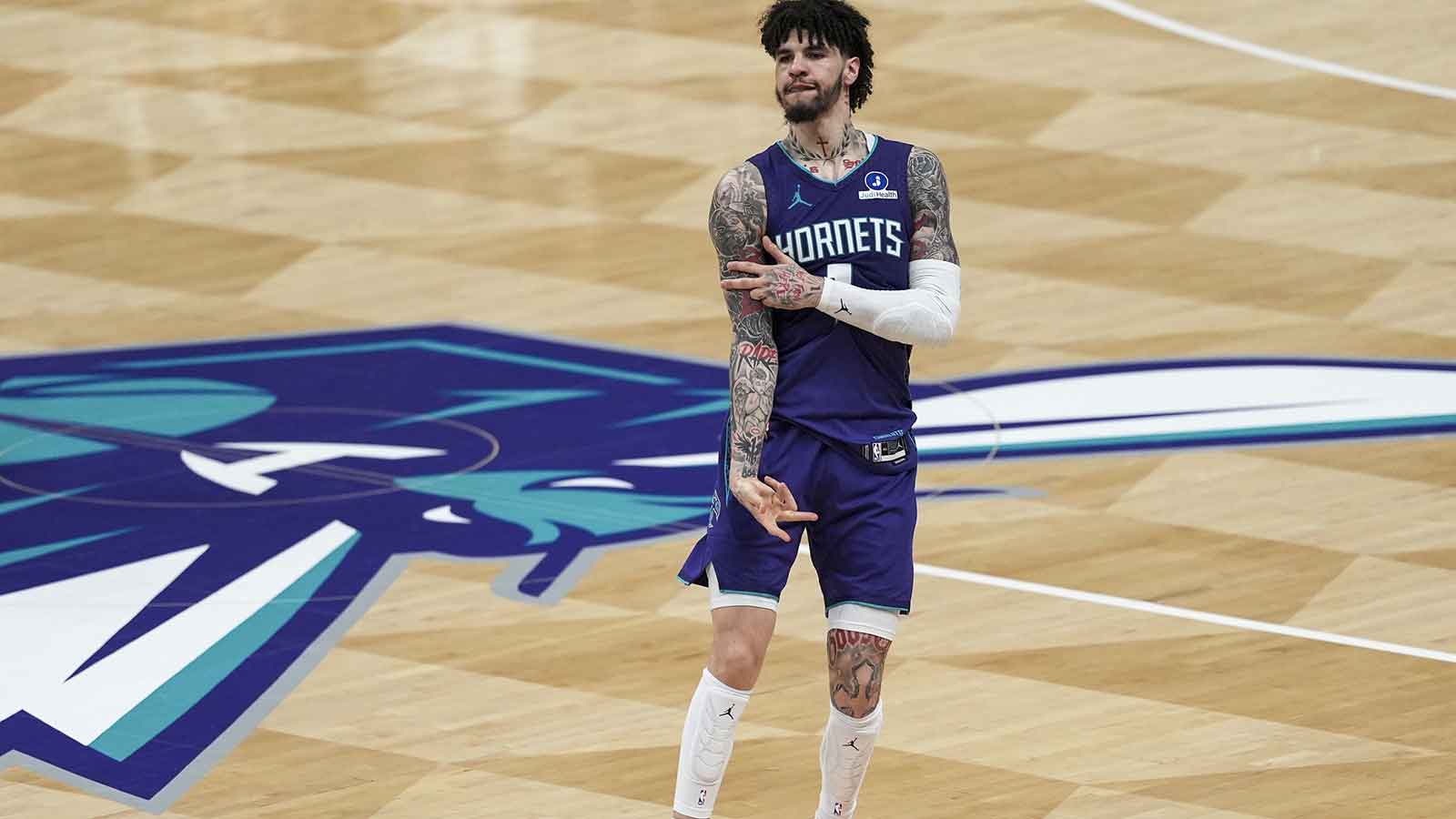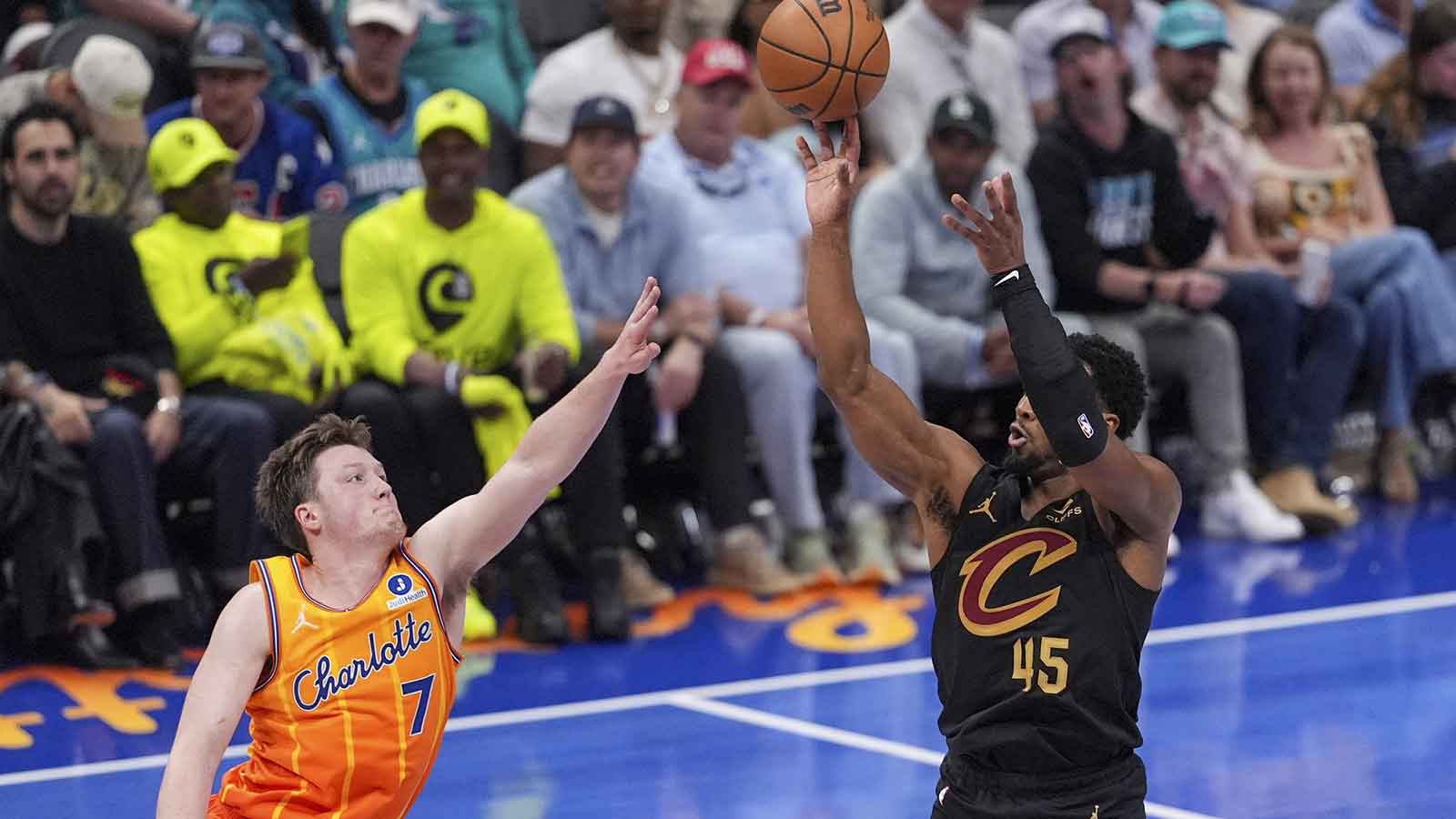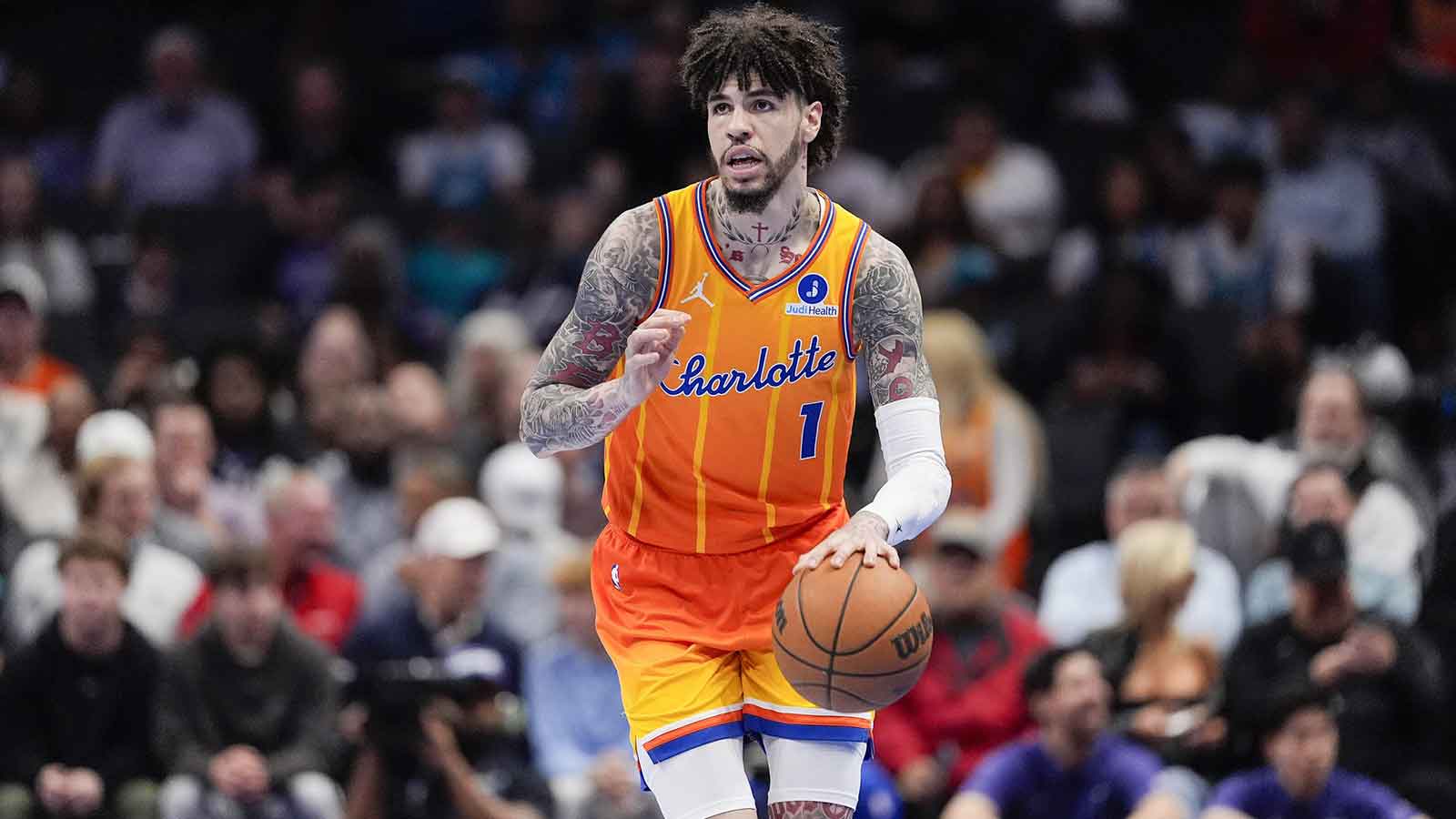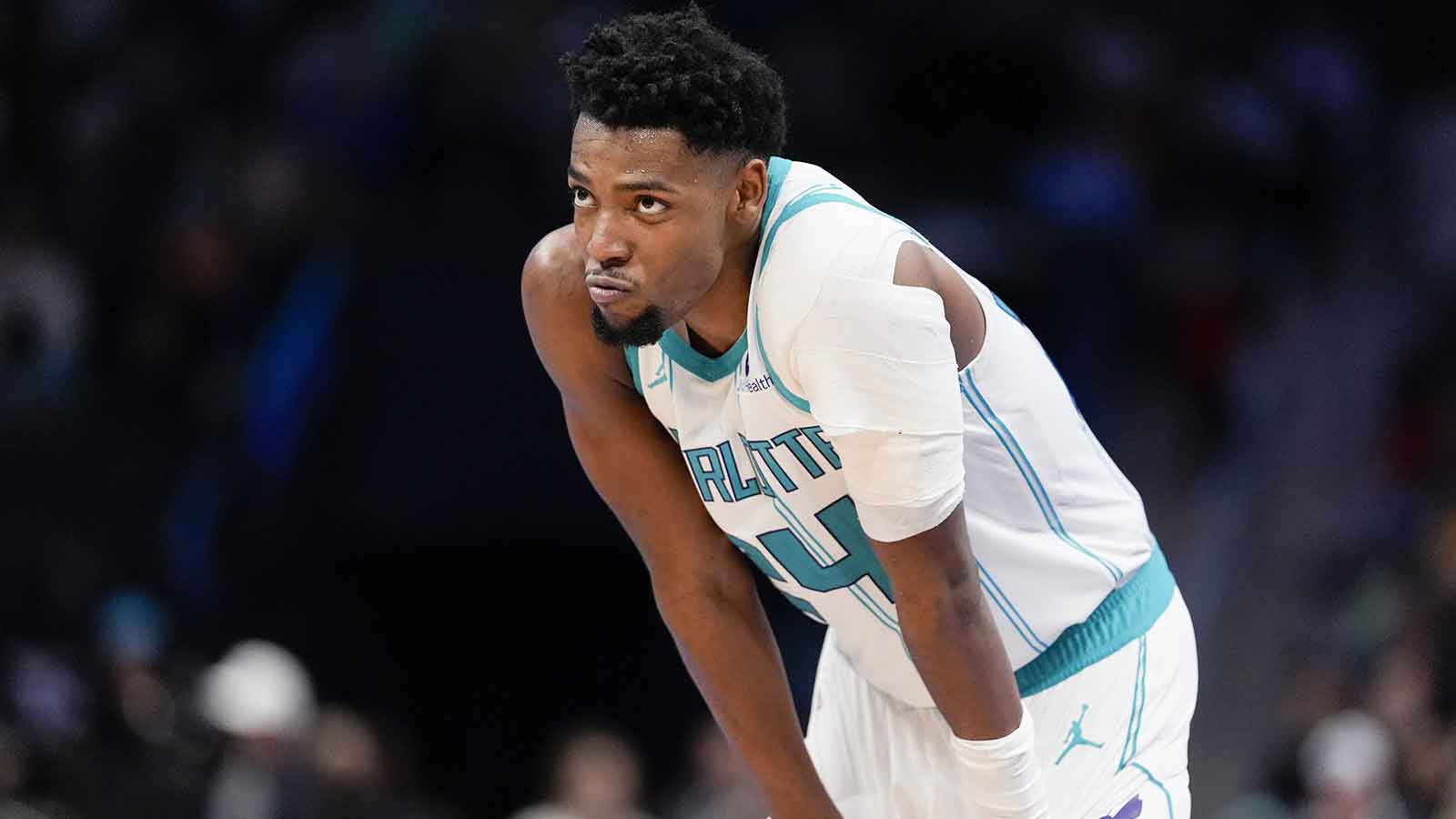The NBA’s first-ever November version of free agency has been wild. There have been plenty of head-scratching moves since free agency kicked off this past Friday. Let's take a look at the initial two losers of NBA free agency in 2020.
Loser No 1: Charlotte Hornets
The Charlotte Hornets entered free agency with plenty of cap space. They chose not to spend that money wisely, forking over a four-year, $120 million deal to forward Gordon Hayward.
Hayward surprised many by opting out of his $34.2 million player option with the Boston Celtics. Free to sign with any team, Hayward managed to ink his second consecutive contract of over $120 million, despite underwhelming in his tenure in Boston.
The injury-prone 30-year-old averaged just 41.6 games played per season with the Celtics. Injuries limited him to five appearances in the 2020 NBA Playoffs.
Hayward, to his credit, is coming off a strong regular season. He averaged 17.5 points, 4.1 assists and a career-high 6.7 rebounds. He shot 50% from the field and 85.5% on free throws, both career bests. His high scoring output was particularly impressive considering he was usually the fourth option on offense for Boston. While Hayward is a very good player, he is not a star anymore — and yet the Hornets paid him like one.
Hayward’s new deal with the Hornets will actually cost them more than his former contract with the one he signed with the Celtics in 2017. This is because they will reportedly waive Nicolas Batum using the stretch provision. This will cost them $9 million annually for the next three seasons.
Thus, the cost of signing Hayward will amount to $147 million across four seasons:
Gordon Hayward's practical cost to the Hornets is four years, $147 million. That includes the stretched money for Batum needed to sign him.
When he signed with the Celtics in 2017, he got $128 million. At that point, he was 27, healthy and coming off of an All-Star appearance.
— Sam Quinn (@SamQuinnCBS) November 21, 2020
A year after overpaying Terry Rozier to the tune of three-year, $56.7 million, the Hornets again made a reckless signing. Rozier and Hayward both operate best with the ball in their hands — as does first-round pick LaMelo Ball and breakout star Devonte' Graham.
Selected with the third overall pick in the NBA Draft, Ball is the team’s floor general of the future. The Hornets could have accelerated Ball’s growth by adding talented big men in free agency. Instead, they handed Hayward a massive contract, a move that might not even elevate the franchise to the postseason in 2021.
Loser No. 2: Detroit Pistons
Troy Weaver has been busy in his first offseason as the Detroit Pistons general manager. After drafting Killian Hayes, Isaiah Stewart and Saddiq Bey in the first round, Weaver made a flurry of free-agent moves. He agreed to terms with center Mason Plumlee to a three-year, $25 million pact and then gave forward Jerami Grant a three-year, $60 million deal. The Pistons also brought in center Jahlil Okafor and forward Josh Jackson.
Plumlee received more guaranteed money than the likes of Serge Ibaka, Tristan Thompson and Montrezl Harrell — all more talented centers. Plumlee logged 7.2 points and 5.2 rebounds in 17.3 minutes per outing, starting just one of his 61 games with the Denver Nuggets. The Pistons overspent on Plumlee, a career backup, and then compounded matters by adding Okafor. They are now part of an overcrowded center group that includes Stewart.
The Grant contract is also troubling. Grant, a solid two-way player who thrived with the Nuggets in their run to the Western Conference Finals, does not warrant $20 million annually. The forward averaged 12.0 points, 3.5 rebounds, 1.2 assists and 0.8 blocks in 26.6 minutes per contest. Grant actually received the same offer from the Nuggets, but he chose to sign with the Pistons to get more opportunities on offense:
Denver was willing to match the three-year, $60M offer Jerami Grant received from Detroit. Grant enjoyed his time in Denver, but leaves for Pistons where he is expected to have an enhanced offensive role. https://t.co/qdiIhku6gb
— Shams Charania (@ShamsCharania) November 21, 2020
One of the better wing defenders in the NBA, Grant makes the Pistons a better team, but the cost is too high.
By adding Plumlee and Grant to big contracts, the Pistons spent $85 million to two former Nuggets. Plumlee will almost certainly come off the bench, while Grant may be a reserve too despite his high salary. The Pistons still have Blake Griffin on their roster, meaning Grant will only start if he plays at small forward, which means promising youngster Sekou Doumbouya would come off the bench.
The Pistons elected not to retain Christian Wood, agreeing to a sign-and-trade with the Houston Rockets. Wood will earn $41 million over three seasons with the Rockets. Wood, 25, logged 13.1 points and 6.3 rebounds per game last season, appearing in 62 (12 starts) of the Pistons’ 66 games. Grant is an upgrade over Wood because of the former’s defensive abilities. However, the Pistons may regret not keeping Wood for less money since they are far from contention.
Detroit’s busy offseason leaves them with less flexibility to make drastic changes in the future. Plus, it’s not even a guarantee any of the Pistons’ signings moves the needle closer to an NBA playoff spot.










